DANTES LYRIC POETRY
Poems of Youth and of the Vita Nuova
(12831292)
The first comprehensive English translation and commentary on Dantes early verse to be published in almost fifty years, Dantes Lyric Poetry includes all of the poems written by the young Dante Alighieri between c. 1283 and c. 1292. Introductory essays by Teodolinda Barolini guide the reader through the new verse translations by Richard Lansing, illuminating Dantes transformation from a young courtly poet into the writer of the vast and visionary Commedia .
Barolini argues that Dantes lyric poems are early articulations of many of the ideas and themes in the Commedia , including the philosophy and psychology of desire and its role as motor of all human activity, the quest for vision and transcendence, the search for justice on earth, and the transgression of boundaries in society and in poetry. With splendid new English translations and commentary, this edition brings Dantes early poems to a wider audience, while providing important literary and historical context.
(The Lorenzo Da Ponte Italian Library)
TEODOLINDA BAROLINI is the Lorenzo Da Ponte Professor of Italian at Columbia University.
RICHARD LANSING is a Professor Emeritus of Italian Studies and Comparative Literature at Brandeis University.
ANDREW FRISARDI is a writer, editor, and translator who lives near Orvieto, Italy.
THE LORENZO DA PONTE ITALIAN LIBRARY
General Editors
Luigi Ballerini and Massimo Ciavolella
University of California at Los Angeles
Honorary Chairs
Mr Joseph Del Raso Esq
Ambassador Gianfranco Facco Bonetti
Honorable Anthony J. Scirica
Advisory Board
Remo Bodei, Universit di Pisa
Lina Bolzoni, Scuola Normale Superiore di Pisa
Francesco Bruni, Universit di Venezia
Cesare De Michelis, Universit di Padova
Giorgio Ficara, Universit di Torino
Giuseppe Mazzotta, Yale University
Gilberto Pizzamiglio, Universit di Venezia
Margaret Rosenthal, University of Southern California
John Scott, University of Western Australia
Elissa Weaver, University of Chicago
DANTES LYRIC POETRY
Poems of Youth and of the Vita Nuova (12831292)
Dante Alighieri
Edited with a general introduction and introductory essays
by TEODOLINDA BAROLINI
With new verse translations by Richard Lansing
Commentary translated into English by Andrew Frisardi


University of Toronto Press 2014Toronto Buffalo London
www.utppublishing.com
Printed in the U.S.A.ISBN 978-1-4426-4840-1 (cloth)
ISBN 978-1-4426-2619-5 (paper)

Printed on acid-free, 100% post-consumer recycled paper with vegetable-based inks.The Lorenzo Da Ponte Italian LibraryPublication cataloguing information is available from Library and Archives Canada.Publication of this book has been assisted by the Istituto Italiano di Cultura, Toronto.This book has been published under the aegis and with financial assistance of: Fondazione Cassamarca, Treviso; the National Italian-American Foundation; Ministero degli Affari Esteri, Direzione Generale per la Promozione e la Cooperazione Culturale; Ministero degli Affari Esteri, Direzione Generale per i Beni e le Attivit Culturali, Direzione Generale per i Beni Librari e gli Istituti Culturali, Servizio per la Promozione del Libro e della Lettura.This book has been published with the assistance of a grant from the Modern Language Association.University of Toronto Press acknowledges the financial assistance to its publishing program of the Canada Council for the Arts and the Ontario Arts Council.

University of Toronto Press acknowledges the financial support of the Government of Canada through the Canada Book Fund for its publishing activities.
Contents
DANTES LYRIC POETRY
Poems of Youth and of the Vita Nuova
(12831292)
Dantes Lyric Poetry: From Editorial History to Hermeneutic Future
This commentary offers critical readings of Dantes youthful lyrics ( rime in Italian), spanning the years circa 1283 circa 1292, and including the poems eventually inserted by Dante in the Vita Nuova . My aim is to illuminate the conceptual itinerary that led a young courtly poet of the final decades of the thirteenth century to become the writer of the vast and visionary Commedia . My readings of the poems work to shed light on the relationship of the rime to the Commedia , to show how the first inklings of the poema sacro can be found in the lyrics. Indeed, my commentary is the first systematically to connect Dantes early poetry to his later masterpiece. The importance of the early poems to understanding the Commedia is the overarching theme of this work.
Dantes lyric poetry has traditionally been the province of philologists, and it has remained to some degree virgin territory for critics. My commentary reads critically, rather than merely glossing, bringing to bear critical approaches (for instance, an interest in gender) that have never before been employed in discussing Dantes lyric poetry. Throughout this commentary I look more forward than back, in terms of Dantes own trajectory. Along with the traditional work of showing echoes of this troubadour or that Sicilian precursor, I work to illuminate the ideological wellsprings of the Commedia , the early presence of many of the core issues that we associate with the later Dante: the philosophy and psychology of desire and its role as motor of all human activity, the quest for vision and transcendence, the frustrating search for justice on earth, and the transgressing of boundaries in society and in poetry, along with an abiding interest in gender issues and social anxiety.
Stylistic and Ideological Experimentation
The extraordinary texts canzoni, ballate , and sonnets to which we refer when we talk about Dantes lyrics (this is not a unitary work: there is no collection identified and entitled by the author), consists, according to tradition, of eighty-eight poems whose attribution to Dante is certain. Domenico De Robertis recently increased this number by eight poems; we will return to the issue of poems of uncertain attribution later in this Introduction. Written over a period of approximately twenty-five years, the lyrics offer us access to the poets workbench, allowing us to glimpse the process through which Dante became Dante. These poems on the one hand testify to the paths not taken, and on the other allow us to identify with greater clarity when, how, and by what incremental and gradual steps Dante ventured along the path that would ultimately become his.
Next page
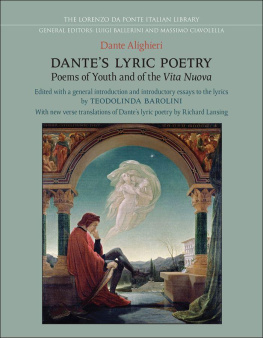
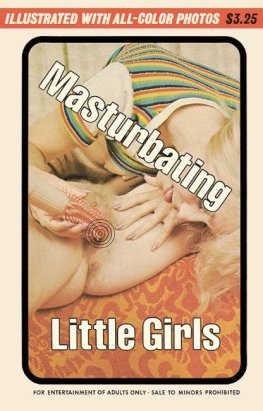
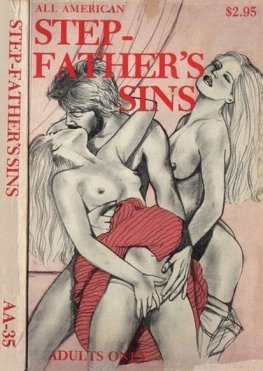
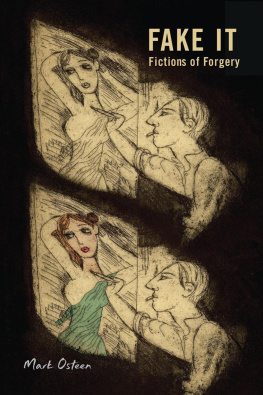

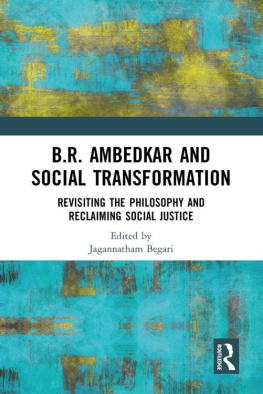
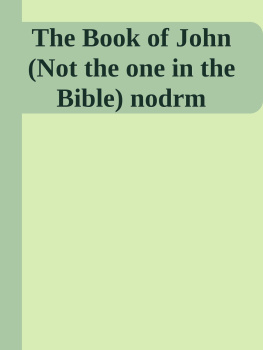
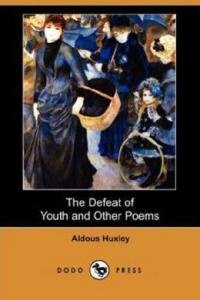
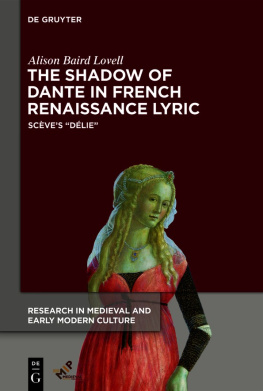

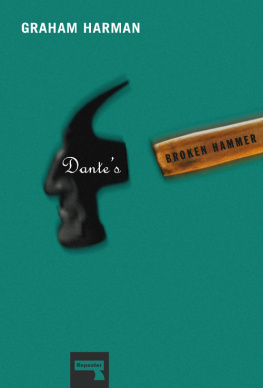
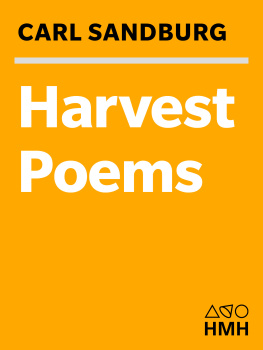
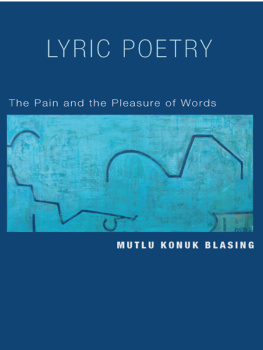
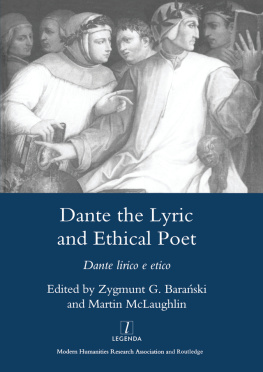



 Printed on acid-free, 100% post-consumer recycled paper with vegetable-based inks.The Lorenzo Da Ponte Italian LibraryPublication cataloguing information is available from Library and Archives Canada.Publication of this book has been assisted by the Istituto Italiano di Cultura, Toronto.This book has been published under the aegis and with financial assistance of: Fondazione Cassamarca, Treviso; the National Italian-American Foundation; Ministero degli Affari Esteri, Direzione Generale per la Promozione e la Cooperazione Culturale; Ministero degli Affari Esteri, Direzione Generale per i Beni e le Attivit Culturali, Direzione Generale per i Beni Librari e gli Istituti Culturali, Servizio per la Promozione del Libro e della Lettura.This book has been published with the assistance of a grant from the Modern Language Association.University of Toronto Press acknowledges the financial assistance to its publishing program of the Canada Council for the Arts and the Ontario Arts Council.
Printed on acid-free, 100% post-consumer recycled paper with vegetable-based inks.The Lorenzo Da Ponte Italian LibraryPublication cataloguing information is available from Library and Archives Canada.Publication of this book has been assisted by the Istituto Italiano di Cultura, Toronto.This book has been published under the aegis and with financial assistance of: Fondazione Cassamarca, Treviso; the National Italian-American Foundation; Ministero degli Affari Esteri, Direzione Generale per la Promozione e la Cooperazione Culturale; Ministero degli Affari Esteri, Direzione Generale per i Beni e le Attivit Culturali, Direzione Generale per i Beni Librari e gli Istituti Culturali, Servizio per la Promozione del Libro e della Lettura.This book has been published with the assistance of a grant from the Modern Language Association.University of Toronto Press acknowledges the financial assistance to its publishing program of the Canada Council for the Arts and the Ontario Arts Council. University of Toronto Press acknowledges the financial support of the Government of Canada through the Canada Book Fund for its publishing activities.
University of Toronto Press acknowledges the financial support of the Government of Canada through the Canada Book Fund for its publishing activities.